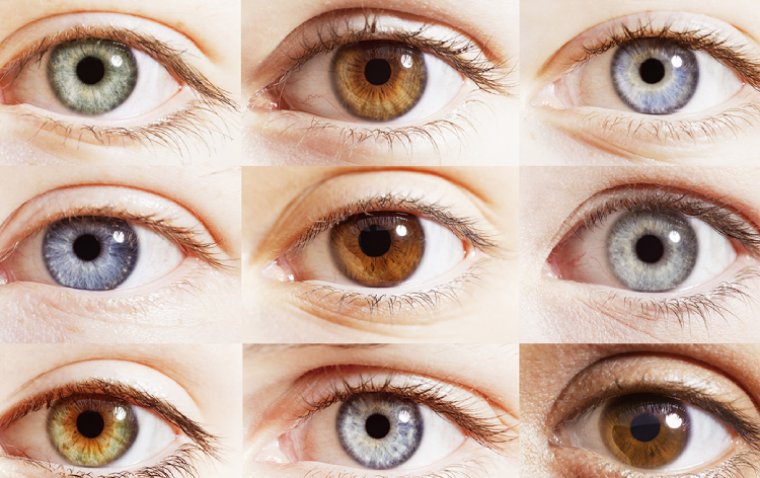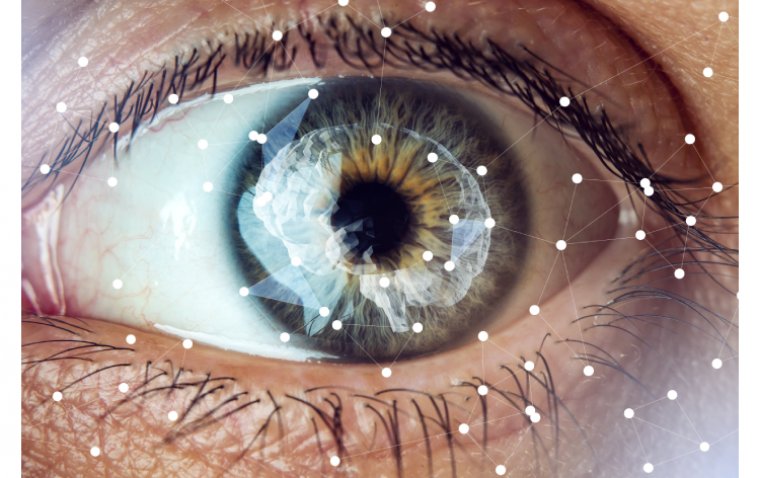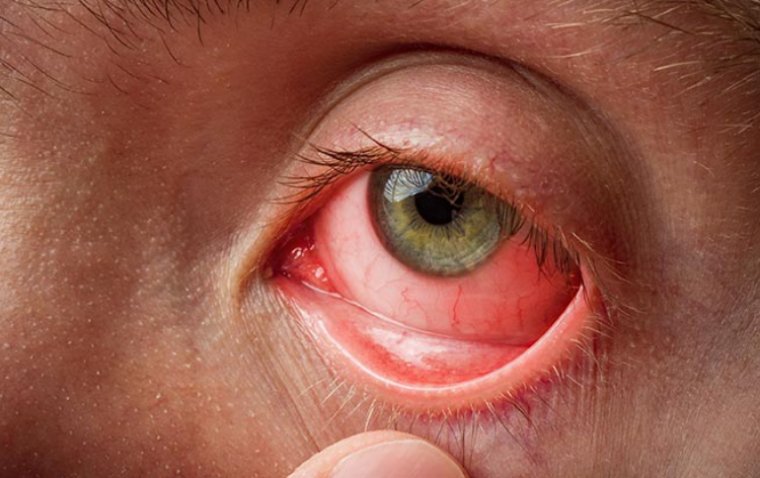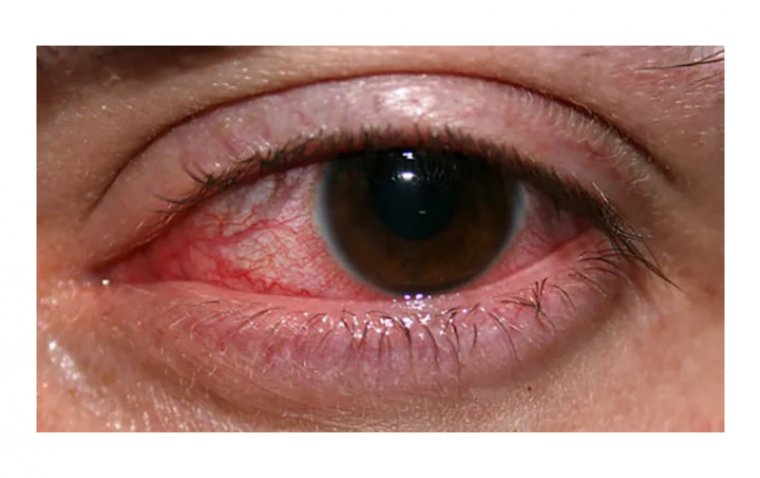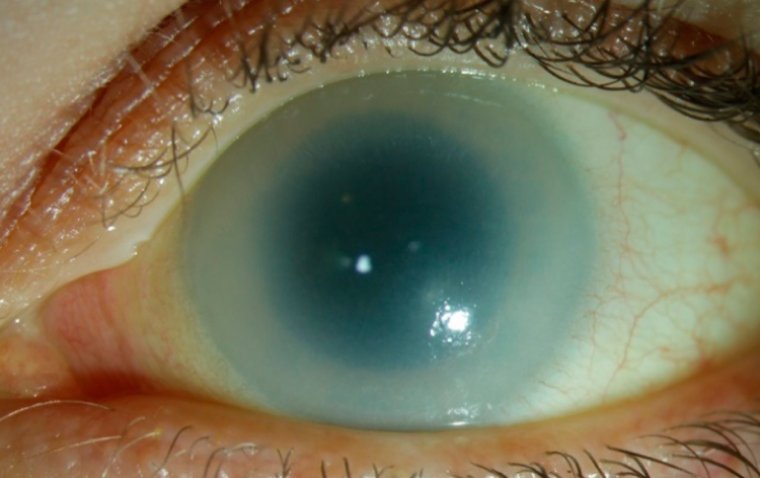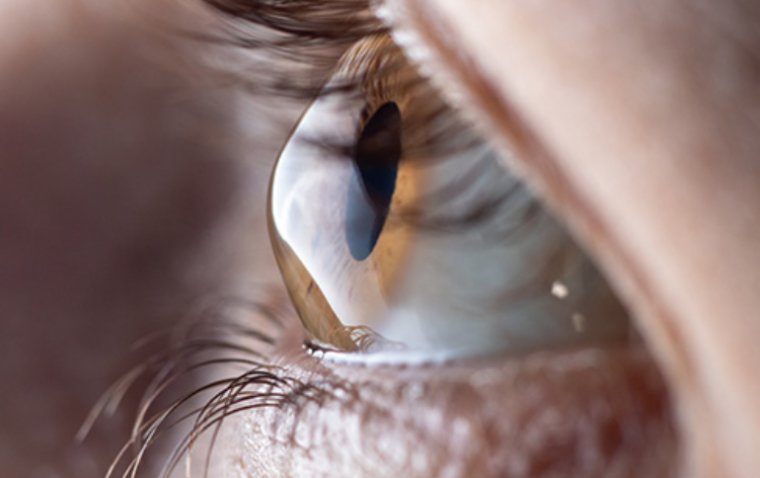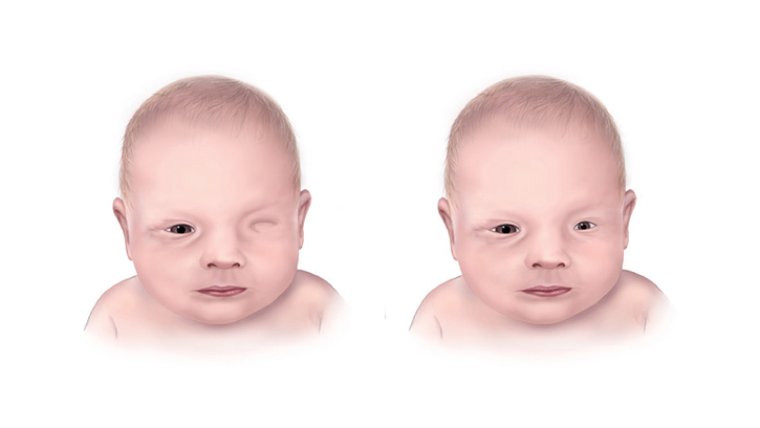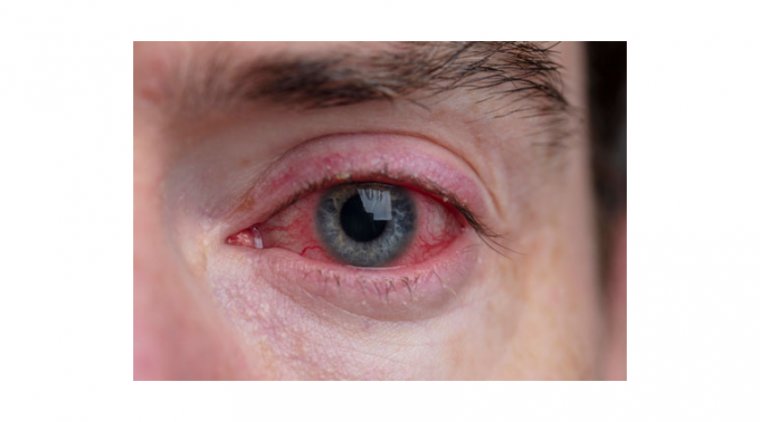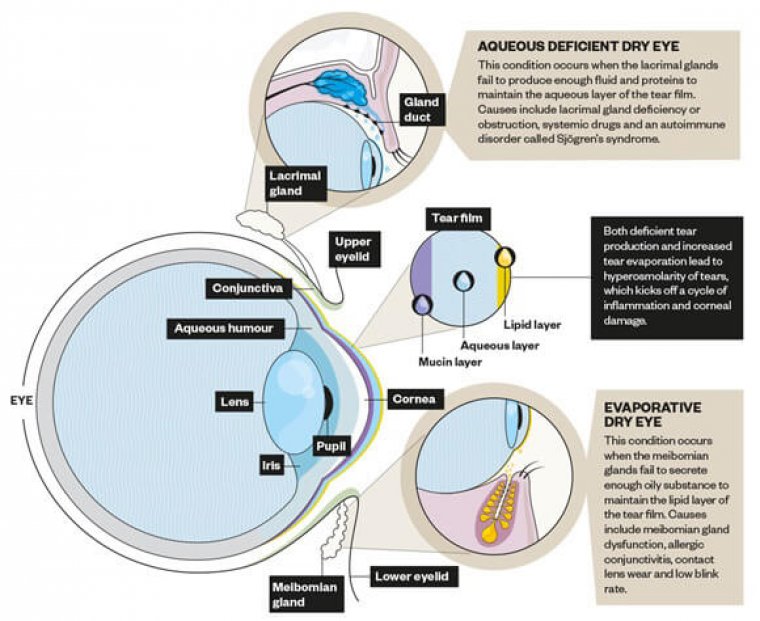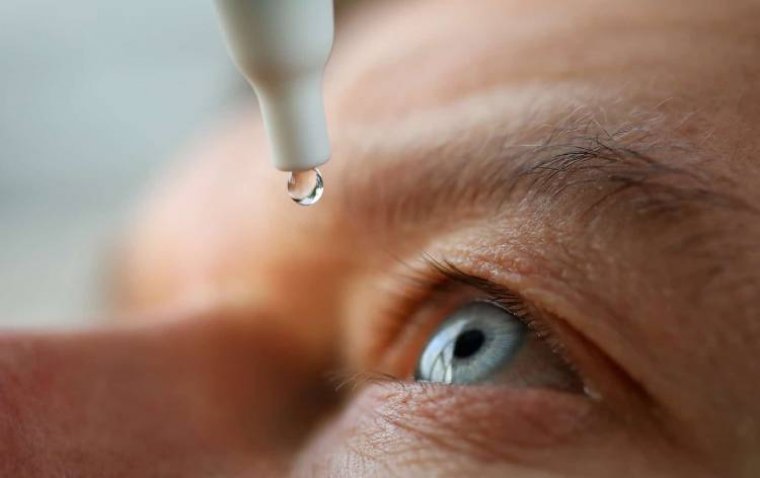
Navigating Health Care During Ramadan: The Case for Eye Drops
In the period of Ramadan, a time when millions around the globe engage in fasting from sunrise to sunset, questions often arise about how certain health practices, such as the use of eye drops, fit within the fasting rules. With an emphasis on maintaining health and wellness while observing the fast, medical professionals offer guidance on the compatibility of using eye drops during this period, ensuring individuals can manage their health needs without breaking their fast.
Eye Drops During Ramadan: A Medical Perspective
During the fasting hours of Ramadan, individuals abstain from consuming any food or liquids. This practice, while primarily known for its religious significance, also raises questions about the use of medications and health-related aids, including eye drops, which are essential for some individuals to manage conditions like dry eyes, allergies, or infections.
From a medical standpoint, the use of eye drops does not constitute breaking the fast. This stance is supported by the understanding that eye drops, applied to the eye for various conditions such as dryness, irritation, allergies, or infections, do not reach the digestive system in a manner that would break the fast. The primary route through which substances invalidate fasting is via ingestion through the mouth, leading to nourishment.
According to health professionals, when eye drops are administered, a small quantity may pass through the nasolacrimal duct (tear duct) into the nasal cavity and potentially down the throat. However, this amount is considered negligible and not nutritive; therefore, it does not impact the state of fasting.
Islamic Scholarly Perspective on Eye Drops and Fasting
Islamic scholars, consulting the principles of Islamic jurisprudence, concur with this medical assessment. The majority opinion among scholars is that non-nutritive substances entering the body through non-oral routes do not invalidate the fast. As such, the use of eye drops, under this interpretation, is permissible for those observing Ramadan, provided the intention is not to nourish the body.
Healthcare professionals emphasize the importance of continuing necessary medical treatments, including the use of eye drops, to maintain health and well-being during fasting. Individuals requiring eye drops for medical reasons are advised to continue their use without concern for impacting their fast. The guidance aims to ensure that individuals can manage their health conditions effectively while observing their fasting commitments.
Conclusion
The medical consensus on the use of eye drops during Ramadan offers reassurance to those who rely on such treatments for maintaining eye health. The distinction between nutritive and non-nutritive substances, and the route through which they are administered, plays a crucial role in this guidance, ensuring that health management and religious observance can be maintained harmoniously.
Individuals are encouraged to consult healthcare professionals for personalized advice, particularly when managing specific medical conditions during fasting periods. This approach ensures that individuals can adhere to their fasting practices while also taking necessary steps to protect and manage their health.
(1).jpg)
